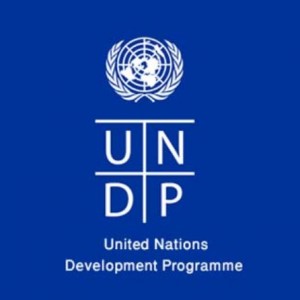UNDP collaborates with local NGO to restore forest reserve
 The United Nations Development Programme (UNDP), with the Save Our Environment Foundation, a non-governmental organisation, is implementing a $42,100 afforestation project in the Tano South District of Brong-Ahafo Region.
The United Nations Development Programme (UNDP), with the Save Our Environment Foundation, a non-governmental organisation, is implementing a $42,100 afforestation project in the Tano South District of Brong-Ahafo Region.
The 18-month project, which is also supported by the Global Environment Facility (GEF) and the Small Grant Programme (SGP) of the UNDP, is aimed at enhancing the resilience capacity of the forest fringe communities within the Tinte Bepo East Forest Reserve.
Under the project, more than 100 farmers at New Brosankro, Old Brosankro and Kwasu, the forest fringe communities in the District would be empowered to nurse about 100,000 varieties of tree species seedlings.
The project would supply the farmers with free wellington boots, cutlasses, pick axes, rakes, shovels, watering cans, and poly pots to enable them to plant and nurse tree species such as Oframo, Akesia and Emire and other economic trees.
According to Mr. Collins Osei, the Executive Director of Save Our Environment Foundation, the project had also designed alternative livelihood programme for the beneficiary farmers to improve on their livelihoods.
He told the Ghana News Agency (GNA) in an interview, at Bechem, on Thursday, that the farmers would be supported to go into livestock production such as pig, sheep, goat and grasscutter rearing, as well as bee keeping and honey production.
Mr. Osei explained that the project implementing communities were known to be rich in diverse flora and fauna with sacred groves protecting watersheds.
But he expressed regret that in recent times such resources within the landscape were facing severe threat of extinction as a result of poor agricultural practices and over-exploitation of natural resources like timber, fuel wood and non-timber forest products.
Mr. Osei said 50 hectares of degraded lands within the forest landscape would be placed under sustainable management and biodiversity conservation, through re-forestation, agro-forestry, sustainable land management and organic agriculture.
He appealed to the project-implementing communities, especially traditional rulers to support so that the project would achieve desired targets.
Source: GNA
